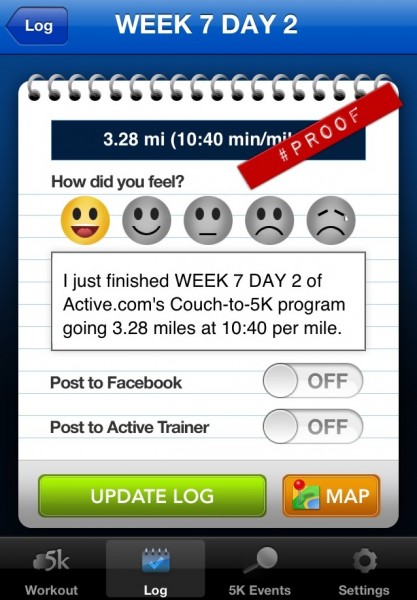I felt my lungs inflate with the onrush of scenery—
air, mountains, trees, people.
I thought, “This is what it is to be happy.”
― Sylvia Plath, The Bell Jar
April is National Stress Awareness Month. I think most of us are pretty aware of stress already, but perhaps less armed with ways to fight it. Or, maybe like me, you’re aware of that too; just really pretty awful about taking that knowledge and applying it to your own daily life.
Do as I say, not as I usually do.
We know that chronic stress is hurting us mentally and emotionally, but it affects us physically too. Studies suggest that living in a constant state of heightened stress can:
- have adverse effects on our hearts, increasing heart attack risk;
- dampen our immune system;
- age our cells faster;
- make us more likely to develop diabetes;
- even shrink the brain.
The hormone cortisol is released during that “fight or flight” reaction (and chronic stress means you’re always on the verge of fight or flight), and too much of it leads to all kinds of bad stuff: insulin imbalances, raised blood pressure, inflammatory response, impaired cognition. You need to relax and rejuvenate after releasing cortisol, or you’re going to wind up gaining weight or unable to lose it, more susceptible to illness, with a fuzzy brain and bad memory.
And it’s not just you, folks. Stress is contagious.
And it’s not just now. Your stress levels today (and how you cope with them) are an indicator of your health TEN YEARS FROM NOW.
So:
for your mental, emotional and physical health…
for the stress levels of those around you…
and for the state of your health a decade from now…
you (and I) really need to get a grip.
What can we do to fight chronic stress?
Luckily the time of year is conducive to one way of lifting anxiety: getting outdoors and into green spaces. You know you wanna anyway, just do it! Recent research supports what we knew at heart already about the health benefits of nature: a walk in the park decreases frustration. Brain waves actually resemble those in a meditative state.
That’s a good thing, since meditation— the mental act of disengaging from your worries and instead focusing on the present moment— has been correlated with lowered levels of cortisol.
Can’t get outside? Some other quick destressing ideas:
Spend some time with a furry friend: they’ve been shown to lower stress responses.
Or maybe a Downward Dog: it’s commonly believed that yoga relieves stress; I like this neuroscientist’s argument that it’s because yoga retrains the way we react to stressful situations.
A little night (or day) music: relaxing music can be as effective as medication for reducing cortisol and anxiety.
Hug it out: I’ve heard it takes 6 seconds for a hug to bring on the endorphins; maybe go a little bit longer to be on the safe side. But there are more methods to harvest the power of therapeutic touch— holding hands, massage, and a bit of hanky panky also goes a long way towards stress relief.
Fake it until you make it: the act of smiling has physical benefits beyond carving handsome laugh lines. Smile the stress away.
Frankly, it’s all about creating a little white space in your life to gain perspective. When we go-go-go, everything seems stressful. The problem is that most of us go-go-go 24/7 and we’ve forgotten how to stop-stop-stop. Heck, I even read the other day that impulse purchases in checkout lines have gone down because we can’t stop checking our smartphones during that “downtime.”
How’re your stress levels? How do you decompress?
*Photo taken hiking at Fort Delaware. They were all out of Union caps & flags, don’t judge.*













Leave a Reply